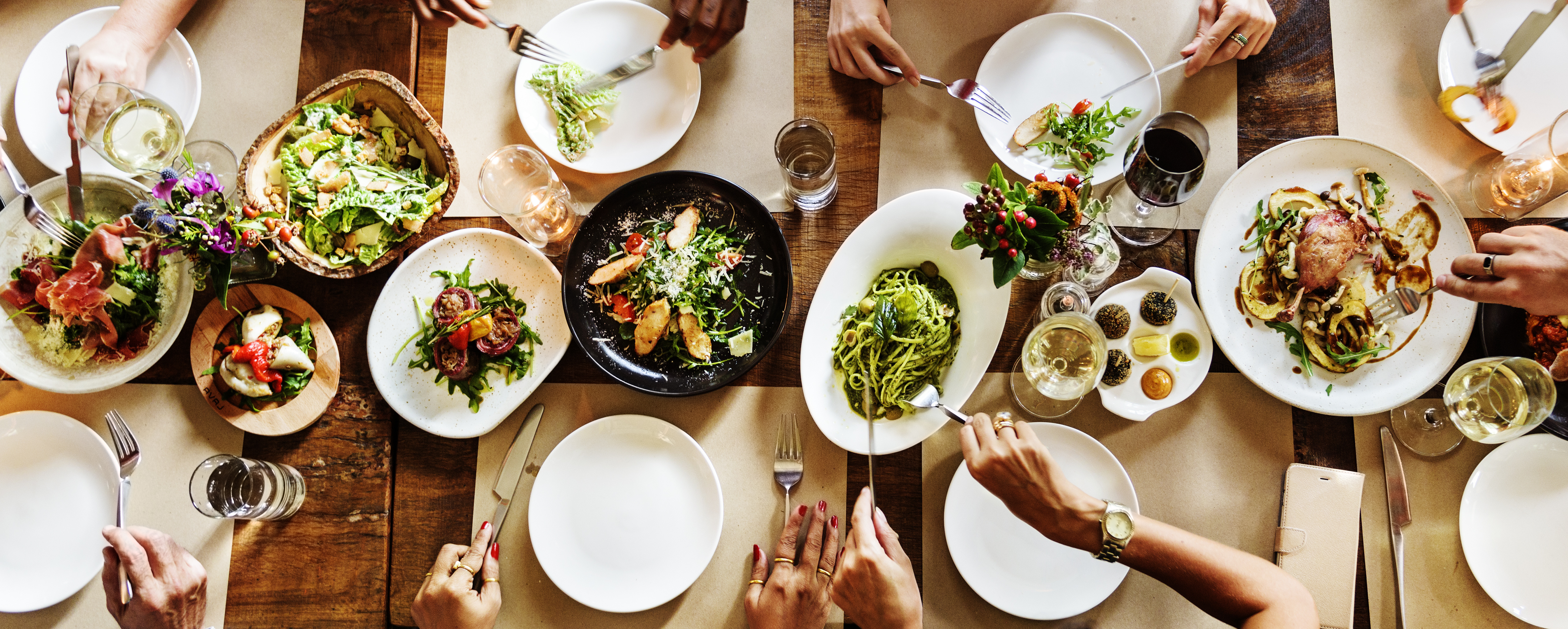
“If you really want to make a friend, go to someone’s house and eat with him… the people who give you their food give you their heart.”
Cesar Chavez
When we eat:
Another commonly overlooked aspect of our relationship with food is the actual environment we eat in. Our external and internal environment around mealtimes is one of the most well documented aspects of our relationship with food in Traditional Chinese Medicine.
The “body brain” needs time to send signals to our digestion to “wake it up” and “get it ready” and this process happens in large part through the smells, sounds, and tastes of preparing the meal itself. When we cook it in a box, grab it in line, or order it to the house we miss all these important preparations for digestion. This is important not just in the prep time but during the meals as well.
The “body brain” sends signals based on ALL it’s perceptions both outside the body such as smell and sight but also inside the body such as emotions and thoughts. Imagine how confusing the message must be when meals are often eaten in a hurry, while watching tv, while working, or in tense silence trying to avoid arguements at the dinner table.
To often, our idea of “a meal together” is preceded by anxiety or frustration with traffic on the way to the restaurant, worry about the cost of the bill, and waiting impatiently for the drinks to arrive, then food, then check as if the whole thing is a prelude to something better after the meal.
This environment is important not just before and during meals but also after meals too. A habit of getting “right back to work” after lunch, or regularly arguing 2 hours after dinner about the nights activities is a reciepe for disaster.
Why we eat:
If we consider the environment we surround ourselves with around mealtimes to be important then how many problems are we causing by “stress eating?”
So many of the people I have worked with over the years tell me that they eat when they are stressed, anxious, depressed, or bored. When eating becomes a way to “bury” our emotional state or “make ourselves feel better” physically or emotionally then mealtimes can become some of the most highly charged emotional periods of the day.
Up Last: A Few Eating “Basics” For Thriving Health and Wellness